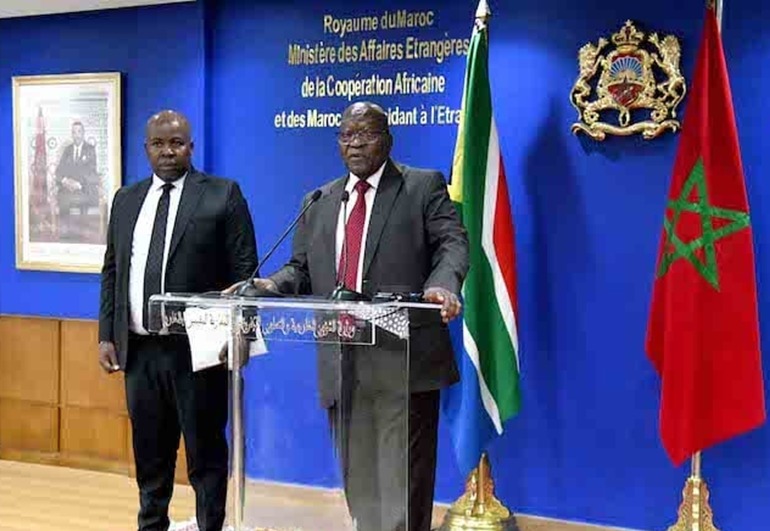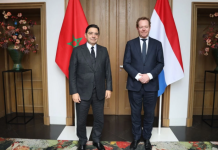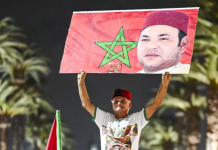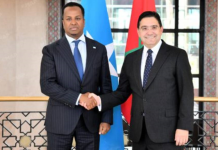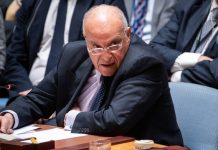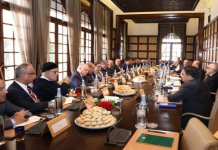RABAT – Former South African President Jacob Zuma’s recent visit to Morocco has stirred controversy in Pretoria after he openly expressed support for Morocco’s autonomy plan—a proposal advanced by Morocco as a peaceful and lasting solution to the decades-long territorial dispute over the Western Sahara.
In response to Zuma’s endorsement, South Africa’s Department of International Relations and Cooperation (DIRCO) issued a terse and uncharacteristically sharp statement. The ministry described the use of South Africa’s national flag during his visit as a “protocol error,” a move perceived by analysts as an attempt to downplay the significance of Zuma’s statements and maintain Pretoria’s pro-Polisario stance.
However, Moroccan officials were quick to dismiss the controversy surrounding the flag as a diversionary tactic. They clarified that Zuma’s visit had been fully coordinated with the diplomatic missions of both nations and that the display of the South African flag during his visit was a gesture of respect rather than a breach of protocol. Moroccan authorities drew attention to past incidents where South Africa’s national symbols were used by pro-Polisario groups without eliciting any official objections from the South African government.
Zuma’s vocal support for Morocco’s autonomy plan has exposed deep divisions within South Africa’s political establishment regarding its continued backing of the Polisario Front. While Pretoria has long supported the Polisario’s demand for independence in Western Sahara, Zuma’s visit signals a potential shift in narratives, particularly as Morocco’s autonomy plan continues to receive international recognition as a viable and pragmatic solution.
Morocco, for its part, has reiterated its commitment to fostering constructive dialogue and respectful engagement with all political actors in South Africa, regardless of their ideological affiliations. Officials in Rabat view Zuma’s visit as a promising step toward building stronger ties with African nations and bridging political divides.
Zuma’s visit also underscores Morocco’s broader diplomatic efforts to strengthen its role within the African Union and forge partnerships across the continent. By advocating for African unity and mutual respect, Morocco continues to position itself as a leader in promoting stability and cooperation throughout the region.
For Morocco, the former South African president’s endorsement of its autonomy plan is not only a diplomatic win but also a step toward advancing its vision of African solidarity. Despite Pretoria’s initial reaction, Zuma’s visit has opened the door for further dialogue and collaboration, showcasing the potential for diplomacy to overcome longstanding divisions.
BY: The Times Union



